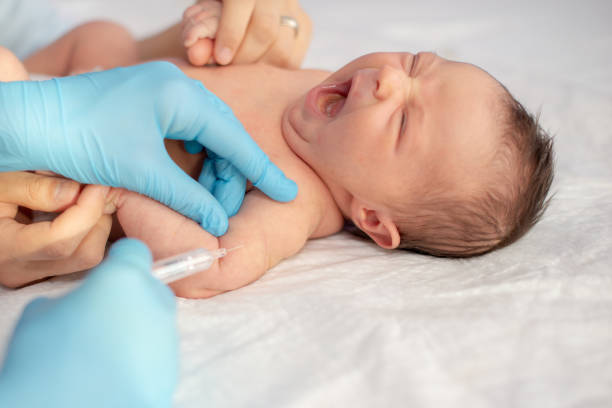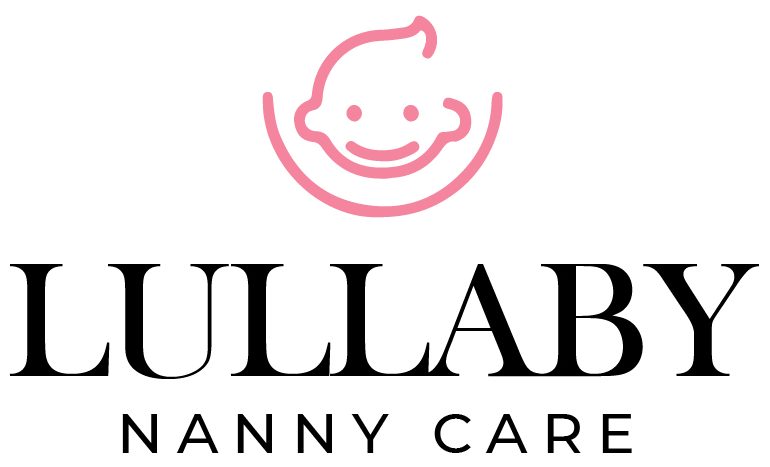
Babies are given vaccines at the time of birth. They protect themselves from illnesses and build their immune systems. The vaccination schedule for babies will differ depending on the region since not all countries have the same weather and climate conditions. For instance, countries such as Japan and America cannot receive the same vaccines based on the region’s variations and rates of diseases.
While Baby vaccination is crucial since it improves the odds of survival. Therefore, to balance the rate of birth and death, Many governments have subsidized doses to ensure that people with lower socioeconomic status can also take advantage of it.
What vaccines are administered to infants?
Vaccinations are essential in babies since their immune systems are not fully developed. The result is that infants are exposed to a range of infections and chronic illnesses. The vaccines are typically offered from the time of birth until 15 months.
Hepatitis B can be crucial; infants require vaccination beginning at 1st at birth. The baby is given the initial dose. The next one is given between the 2sharedd and the three 3rd one, and the third one can be administered from 9-15 months.
Diphtheria Tetanus and Acellular Pertussis The 1ST dose is administered in the 2nd Month. 2nd is in the 4th Month. 3rd dose in 6th month and the 4th dose is given on 15th
The Rotavirus is a vaccination for infants which begins in the 2nd Month. 3Threedoses are administered after six months.
Haemophilus influenzae is administered to infants starting in the two 2nd Month following their conception and continues for up to 15 months. The first and 2nd doses of the virus are administered during the 4th and 2nd months, respectively, while the 4th and 3rd doses are given in the 12th and 15th Months.
Influenza is administered annually with two or one dose. Two different types of influenza vaccinations are available in various countries.
The injections prevent vaccinations such as measles, varicella, and measles from the 9th Month to 4-7 years.
Pneumococcal conjugate The first dose of the vaccine is given within the 2nd Month of birth. The third and second doses will be administered between about 4-6 months. The fourth 4th dose will also be given between 12 and 15 months.
Inactivated Poliovirus is a possibility at any time below 18 years of age. While the dosage recommended is from 2 2nd to the 4 4 Month, the 3rd dose may be administered between six months to twelve months.
Hepatitis injections are administered shortly after the birth of the child. They last until the child is 12 months old or more. Hepatitis B is allocated to the infant right after it is born. The second dose of this vaccine is given within 1 – 2 months after the birth. The double dose is Hepatitis A is administered for nine months.
Dengue vaccines are administered at a later age, ranging from nine to twelve months.
Each child has different body requirements and allergies. Therefore, speaking with the doctor to arrange or alter the time for vaccinations in infanthood is essential. When the child is two years old, the dosage of vaccines could be greater than 25. They help babies be protected against various illnesses and infections.
Therefore, the time and proper dosage are guaranteed for every child. The delay must be planned by consulting a doctor and a higher health risk.
What are the three shots that they give to babies?
The baby’s vaccination heavily depends on the infant’s health, weight, and other aspects of health. It is essential to talk with medical professionals from birth until three months since vaccinations are given to ensure good growth and healthy development. The infant will typically receive one vaccination dose linked to immunizations, which will continue until 15 months. Month.
One of the most critical vaccines given to babies following delivery is Hepatitis B. When the birth of the baby one dose of the vaccine is administered. The Hepatitis B shot that is issued within 24 hours after a newborn’s birth.
Other vaccines are BCG as well as Oral Polio Vaccines. Three vaccines that newborns are given upon their first day of life. After that, it is helpful to contact your physician to set up another vaccine at six and ten weeks or 14 weeks.
What are the four types of vaccines being administered in infants?
From birth until 15 months of age, a baby could receive more than eight vaccines as recommended by the country’s health department. The dose of vaccines may differ from child to child based on their health, age, and other factors.
In the initial 24 hours in the infant’s first 24 hours, it is administered Hepatitis B. Of which another dose will be issued at the end of the second Month.
Another vaccine is Rotavirus, which prevents the child from becoming infected with this virus. Exposure to this virus can cause vomiting, fever, and other conditions that could result in diarrhea. The first dose is two months after the baby is born.
DTaP vaccines shield infants from diseases and infections like diphtheria Tetanus and pertussis. The child will not receive over five vaccines at two months.
Hib (Haemophilus influenzae Type B) can help shield your child against Haemophilus bacteria. The typical dosage for a baby is 3-4, but it could vary depending on the brand and region. The first dose will be given at two months of age, and the last amount will be provided at 15 months.
What vaccines can I skip in the case of a newborn?
Many new parents are concerned about the impact of vaccines on their children. Be aware that all vaccines from birth to 18 years of age shield the child from various infections and diseases.
There has been some debate about skipping vaccinations for babies. If the child isn’t given protection against immunities, it is likely for the baby to become very ill. This can affect the chances of survival for the child, resulting in an imbalance.
The vaccines are designed to combat 14 illnesses, which including diphtheria, cough, Tetanus, measles, rubella, Rotavirus, and hepatitis B. The vaccines shouldn’t be skipped. The doctor will notify you if your baby is suffering from any problem. If the baby is sick, shots for MMR or chickenpox, as well as Hepatitis A, could be missed.



